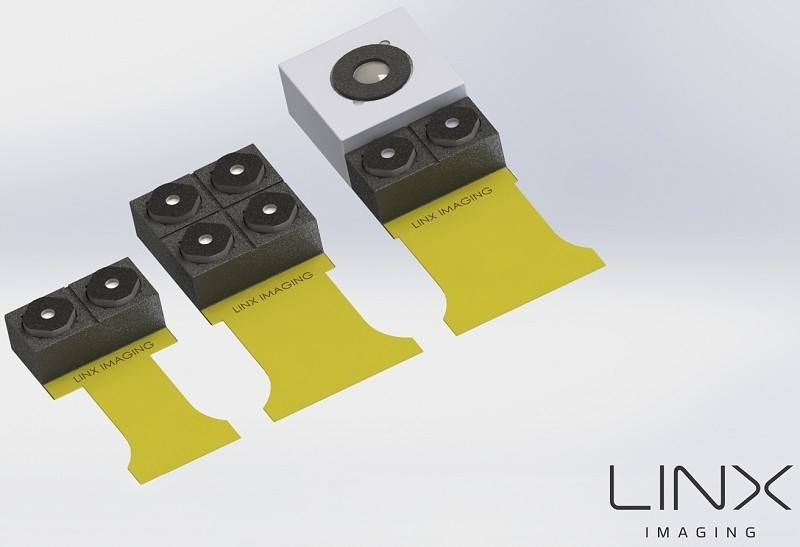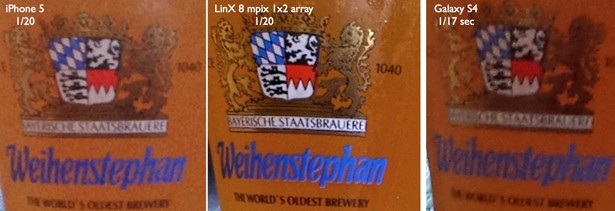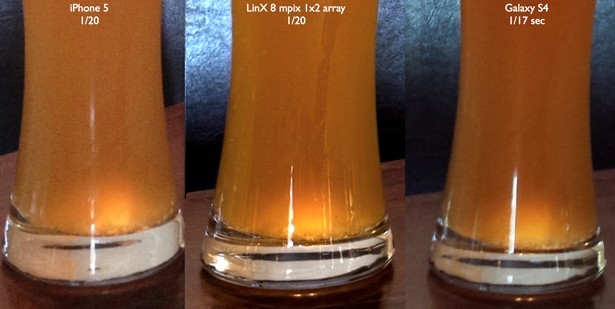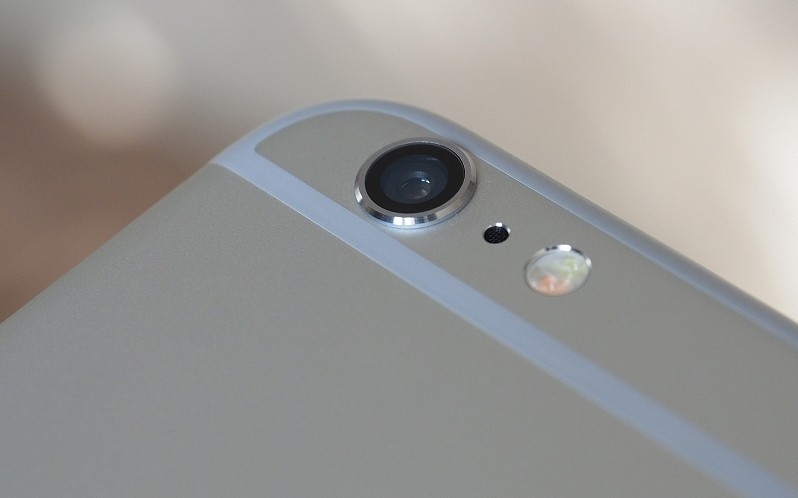Apple has purchased LinX Computational Imaging Ltd., an Israeli-based firm that specializes in depth-sensing camera technology. Terms of the deal were not disclosed although sources familiar with the matter told The Wall Street Journal that the two companies had been discussing an acquisition price in the $20 million range.
As the publication points out, LinX develops and markets tiny cameras for smartphones and tablets that use an array of sensors to capture multiple images at once. A proprietary algorithm is then able to take those images and develop useful depth-based information and 3D maps.

Although still relatively new to the consumer market, depth-sensing mobile camera technology isn't an entirely new field.
If you recall, the Dell Venue 8 7000 tablet I recently reviewed came equipped with Intel's new RealSense Snapshot Depth Camera. The slate used a trio of rear-facing cameras to capture a stereographic image that can then be manipulated to show various information. While a neat idea, the implementation failed to impress and turned out to be more of a gimmick than anything else.

Apple confirmed that it had indeed scooped up LinX. A spokesperson said Apple buys smaller tech companies from time to time but they generally do not discuss their purpose or plans for a particular acquisition.
The underlying story here has nothing to do with depth-sensing technology like Intel's RealSense. Instead, Apple purchased LinX to dramatically bolster the image quality of its iPhone camera.

Late last year, technology blogger John Gruber said Apple's next iPhone may feature the biggest camera jump ever. Specifically, he referenced a two-lens application that could produce DSLR-quality photos. Curiously enough, LinX announced last June that it had developed a system capable of doing just that.
Add in a recent patent application for a triple-sensor, prism-based light-splitting camera and it becomes increasingly likely that Apple is indeed preparing an iPhone camera system that'd put all other mobile efforts to shame.
